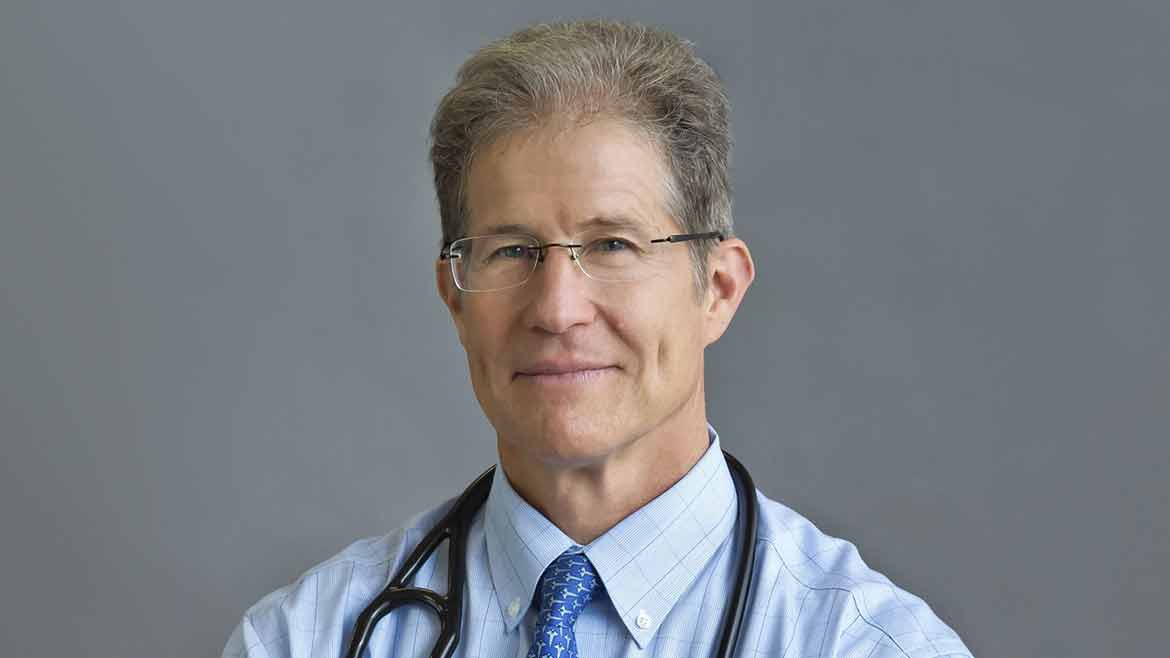
How Healing Works: 3 Questions With Dr. Wayne Jonas
Dr. Wayne Jonas is a “man of science” who has long-believed that having patients answer the question, “What matters?” can be more meaningful than their response to, “What’s the matter?” Here, Dr. Jonas answers for us three questions we had for him on the topic of healing.
1. What does science sometimes miss or get wrong about the healing process?
When I began my practice as a young doctor, I thought that the treatments I gave to patients were the primary reason they got well. But after almost 40 years of seeing patients as a mainstream family doctor, diving deeply into the science of healing at the Walter Reed National Military Medical Center, the National Institutes of Health and the Samueli Institute, I discovered, to my astonishment, that most of the treatments we think produce healing do not deliver much, when exposed to rigorous scientific scrutiny.
Most people understand healing the way I used to think about it. Whether they believe in modern science and technology, using new drugs, laser or surgical approaches, or whether they seek out ancient and alternative practices like acupuncture or herbs, the draw to believe that treatment agents are producing healing is strong.
Yet most people also know something is amiss with modern healthcare. They want something safer, more effective and less costly. They want more value than healthcare delivers.
Research confirms that healing arises overwhelmingly from our own inner healing capacity. We have a healing agency that is more powerful than any agent.
If we understand how healing really works for the most common conditions, we can be well-positioned to take greater control of what healing can look like in the face of chronic illness, or when a cure is not possible.
2. What different dimensions of healing should everyone know about?
The four dimensions of healing required to manage complex, chronic health journeys are the social, behavioral, environmental, and spiritual components.
Within these dimensions, people can respond to the question of “What matters?” versus the easier question of “What’s the matter?” This helps reveal what is most meaningful, and motivating, and what provides a person with a sense of wellbeing.
3. How can the healthcare system be improved to promote more effective healing?
Within health jouneys, we need a shift from the physician-oriented, hierarchical system in which most doctors were trained, to one that embraces a comprehensive approach to health involving alternative providers and, most important, the patients themselves.
That’s where integrative health comes in.
Integrative health redefines the relationship between the practitioner and patient by focusing on the whole person and the whole community. It is informed by scientific evidence and makes use of all appropriate preventive, therapeutic, and palliative approaches, healthcare professionals, and disciplines to promote optimal health and well-being.
This includes the coordination of conventional medicine, complementary/alternative medicine, and lifestyle/self-care.
Healing within a health journey requires an approach in which all aspects of a person’s life are considered, one in which the focus is not just on illness, injury or diagnosis, but also on integrating preventive care, as it applies, as well as complementary care and self-care.
New to CaringBridge?
New to CaringBridge and wondering what we do? CaringBridge is a nonprofit social network dedicated to helping family and friends communicate with and support loved ones during a health crisis through the use of free, personal websites. Know someone who could benefit from starting a CaringBridge site to keep loved ones informed and get the love, and support they need?
Main Photo Caption: In his book “How Healing Works,” Dr. Wayne Jonas draws on four decades of research and patient care to explain how 80 percent of healing arises from outside the doctor’s office.